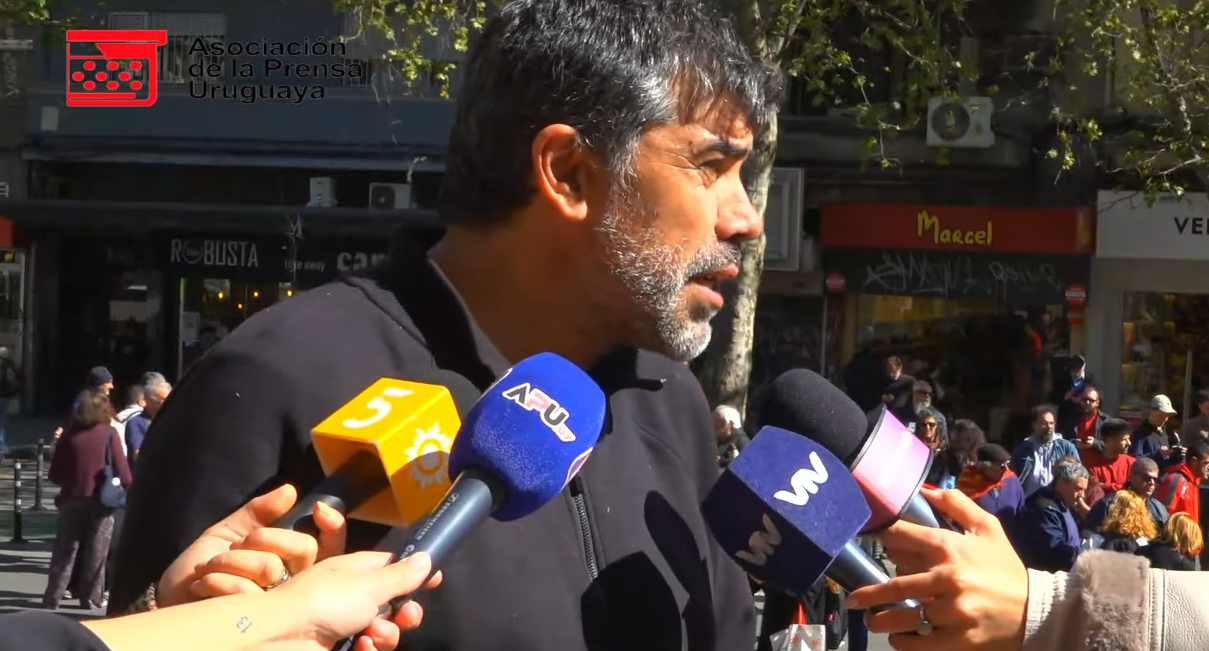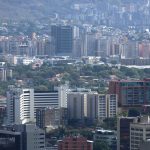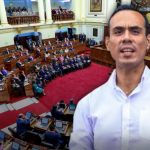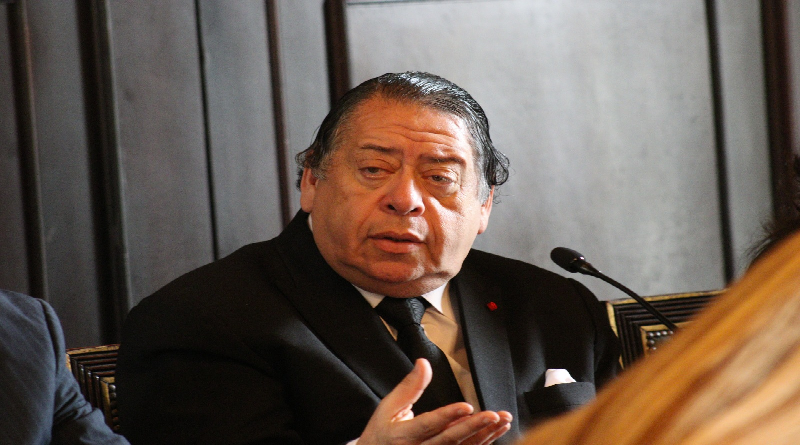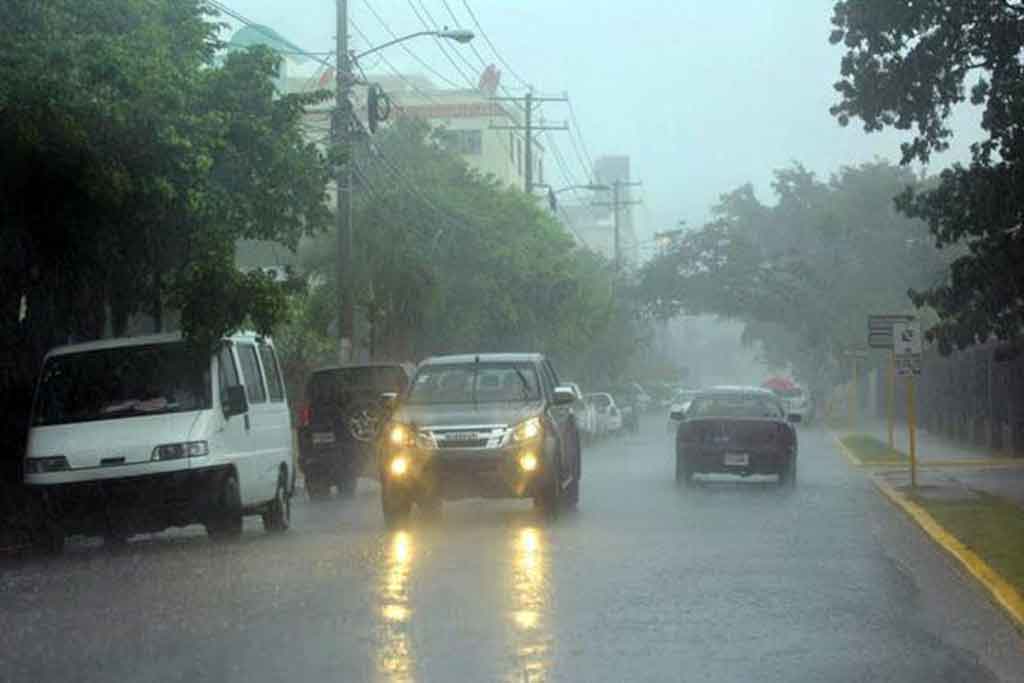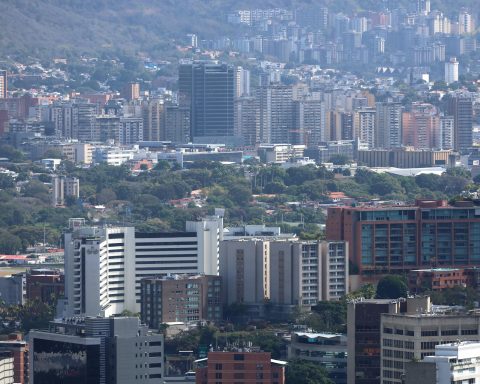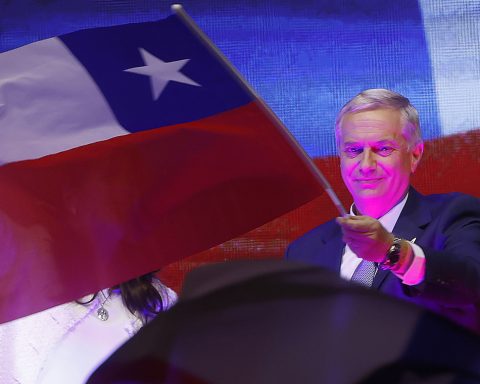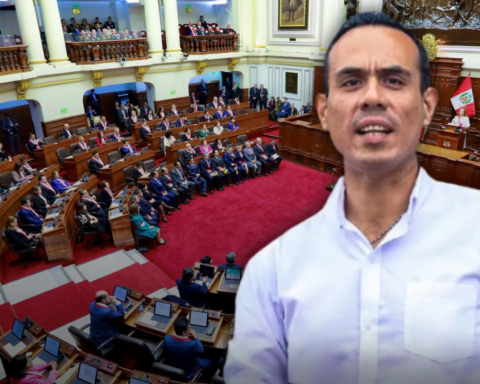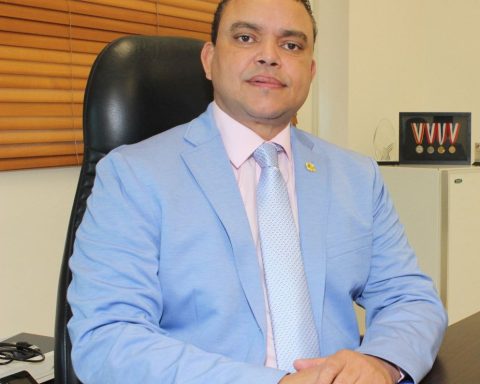Andrade highlighted that Arigón “in each of the years he was militating in an organized, clandestine manner, putting his life and that of his family at risk, in order to not stop denouncing state terrorism in Uruguay.” Andrade expressed that these actions were fundamental in the resistance against the dictatorial regime and in the construction of historical memory.
“Boca” also made reference to the strike organized by the Single National Construction and Annexes Union (Sunca) in 1974, highlighting that “many of the things that one can see on their pay slip as achievements have to do with colleagues.” and companions that led to that enormous capacity for ethics to put their skin into the most dramatic moment. Andrade stressed the importance of recognizing these stories and how resistance in different forms was crucial to the recovery of democracy in Uruguay.
In his speech, Andrade criticized the lack of support from the political system in the fight against impunity, pointing out that “they lied to us during the dictatorship, after the dictatorship, in the Peace Commission.” In addition, he described as “sad” the recent period of Parliament for “protecting a senator who was being investigated by justice for hiding information about crimes against humanity.” Andrade emphasized the need to assume responsibilities and fight against impunity, calling for confrontation with this problem to be “a national cause.”
Andrade also demanded greater commitment in the search for missing detainees and in the investigation of crimes against humanity. He considered that “it has to be measure one of a future Broad Front government,” and that both the search and the investigation should not face operational difficulties or resource restrictions.
“If there is a place where there cannot be savings, it is not ethically permissible for there to be savings, it is in the search for missing detainees and in the investigation of crimes that are against humanity,” he stated.
